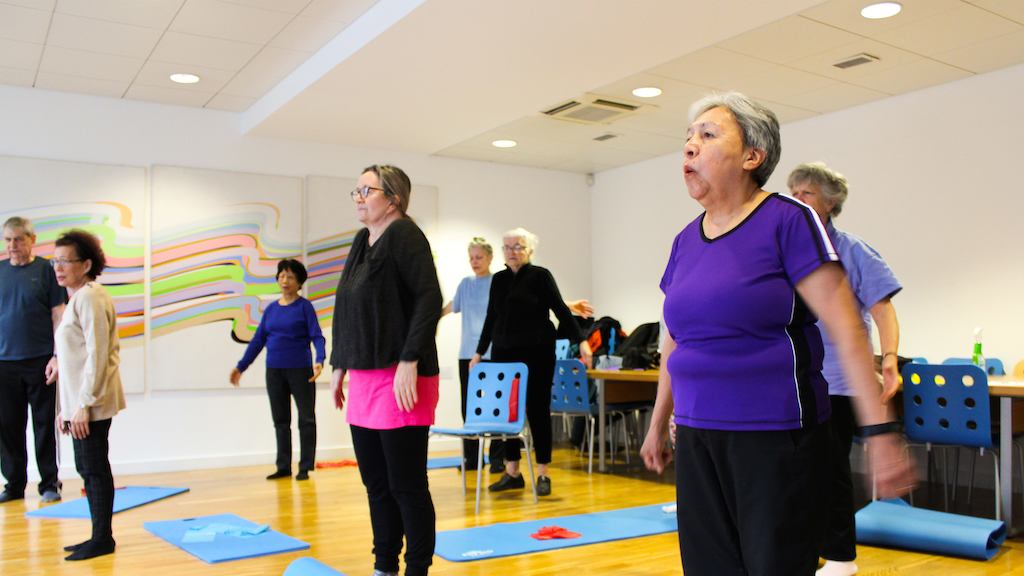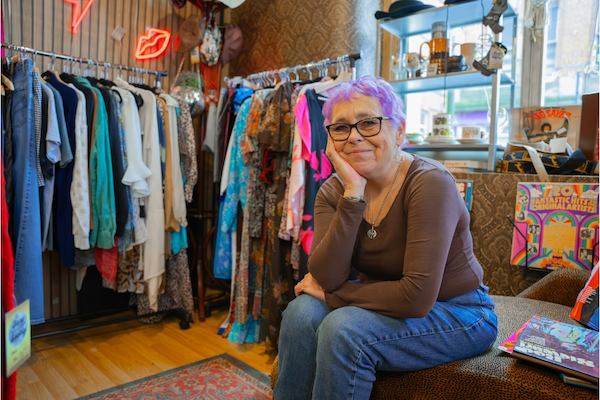Let’s imagine you’re listening to Radio 4. The Today programme is on. Evan Davis is reporting on some new statistics that show how much our society is ageing, and that by 2030, an incredible 28 million – that’s 40% of the entire population of the UK – will be over 60. He has two interviewees with very different interpretations of what this means for society.
The first person takes inspiration from Dad’s Army’s Private Frazer. Their analysis is: we’re all doomed. The ageing population is a ticking time bomb for the health and social care system. Older people are all reactionary voters, protecting their housing assets and pensions and so causing deep intergenerational unfairness. They are a silver tsunami, set with their boring habits to turn the UK into one great big garden centre tea room.
The second uses different words. Our longer lives are a time of opportunity. The experience of older people should be capitalised on in the workplace. Older people are entrepreneurial and wise. They provide billions of pounds worth of value to the economy in the form of unpaid childcare and volunteering. At 90 you can still do anything you like – from running your own business to running marathons.
This approach so loved by the media polarises the arguments and leaves no room for a more balanced reality. And each way of talking about the same issue makes us think and feel very differently about it. But does the language of hope or fear actually spur individuals or institutions into the necessary action? Does the positive, more hopeful language lead us to putting ageing at the top of our list in terms of preparation and campaigning for change, or does it make us complacent – ‘everything will be fine and there’s nothing we need to do about it’? Do the negative metaphors drive us to be more active in managing the risk, or do they make us fatalistic – ‘everything will go wrong - and there’s nothing we can do about it’?


